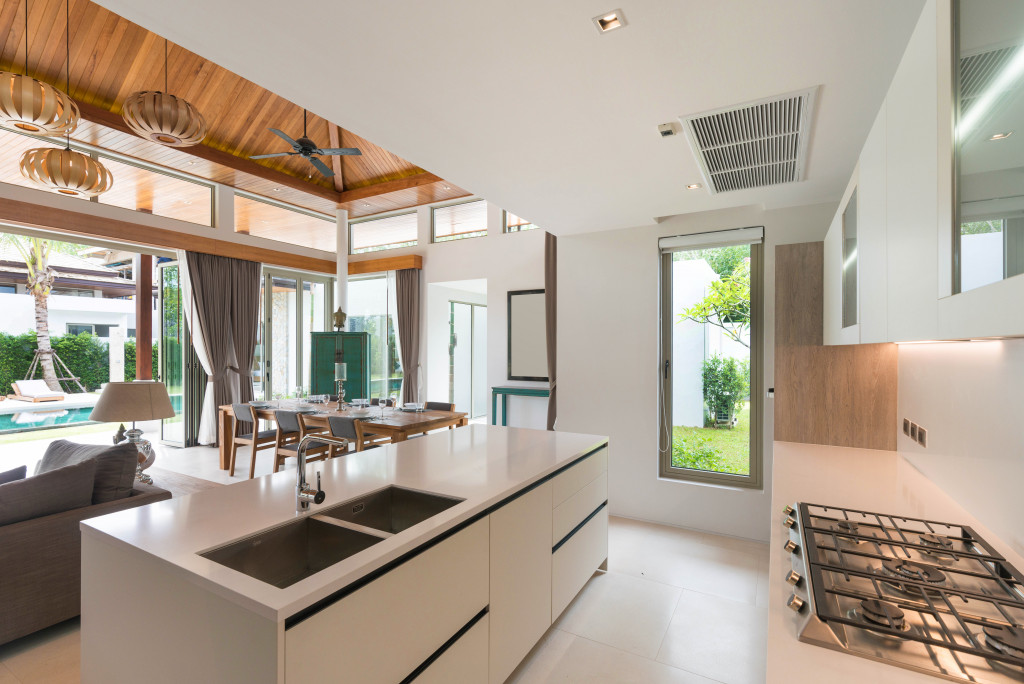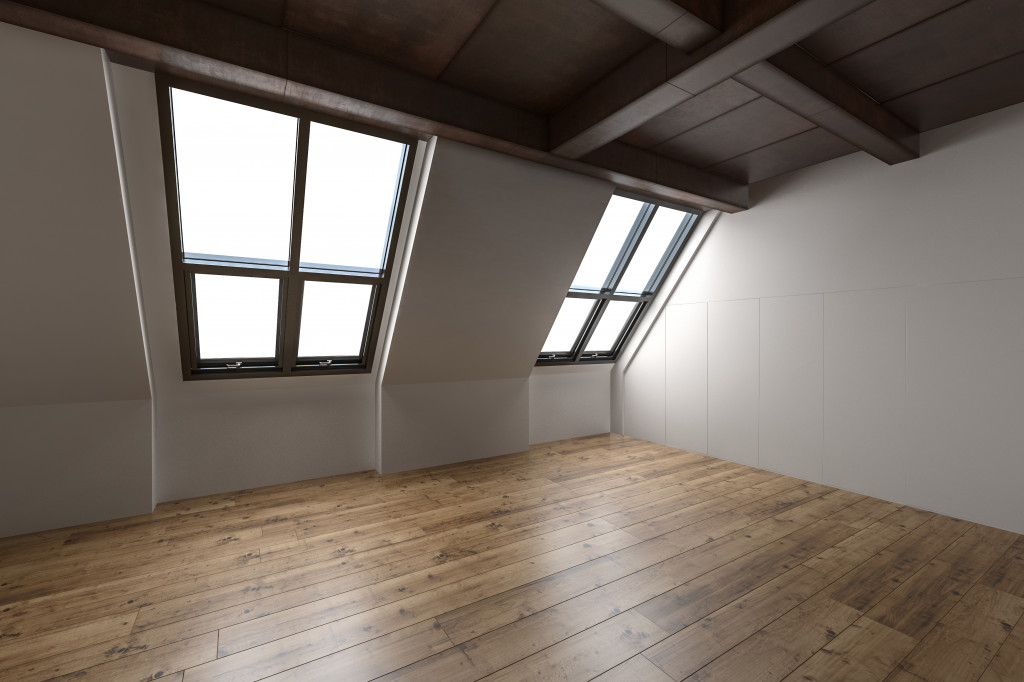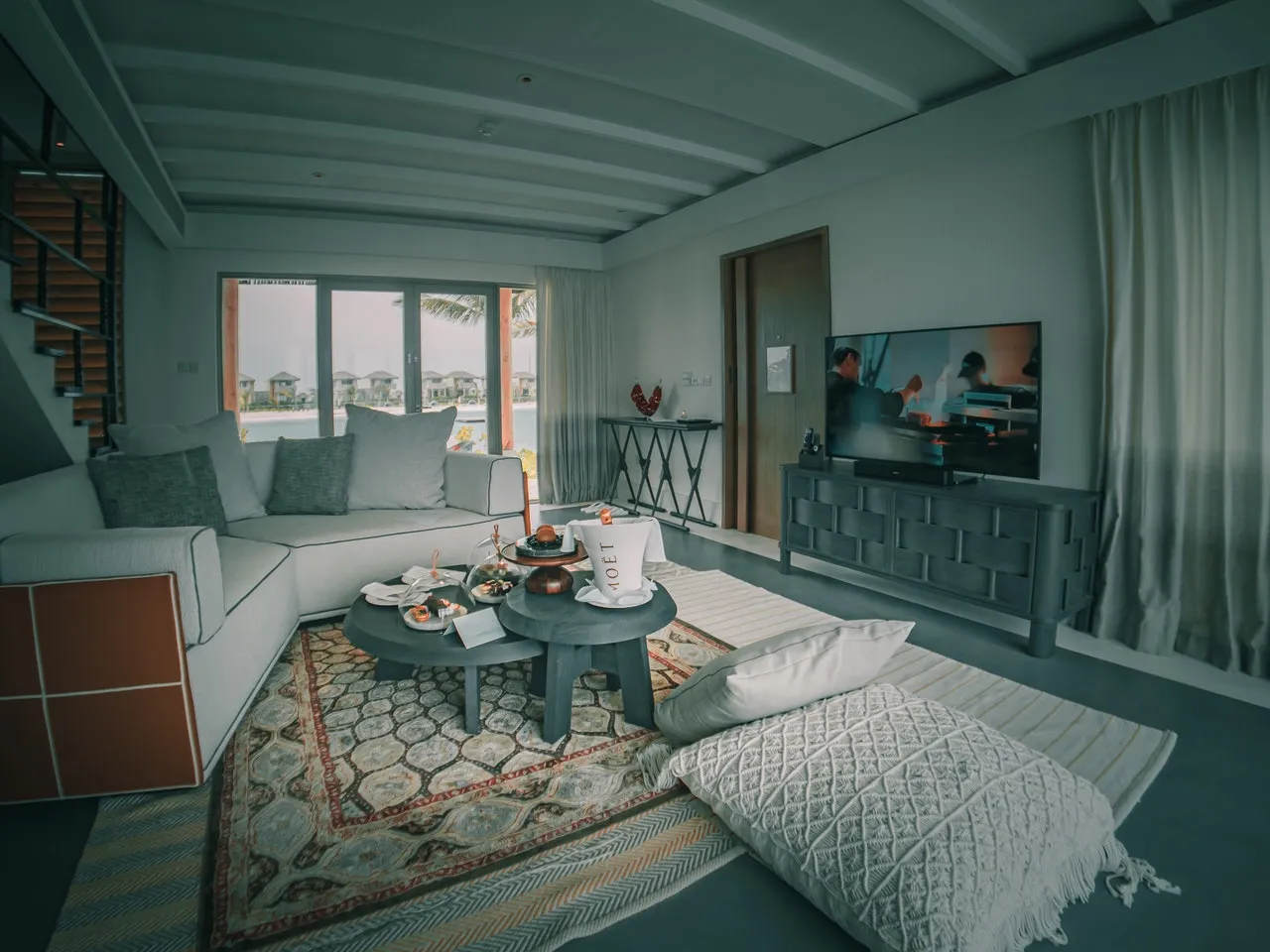As vaccines begin to roll out across the country, hopes are high for several business industries and various sectors to bounce back from the economic meltdown brought about by the pandemic. Moreover, reports say the U S. economy is recovering three times faster than it did during the Great Recession of 2008. With that, doors of opportunities are opening, especially for budding entrepreneurs.
One trend that’s making noise is converting residentials into pop-up restaurants and food establishments. As the number of vacant homes continues to rise and home-cooked food becomes the healthier option, most Americans are giving this forgotten space a comeback. Indeed, dining in old-homes-turned-restaurants makes people feel at home while enjoying the house’s rich history.
Therefore, if you own an old house and have the skills, passion, and budget, it could be time to consider making a profit by converting it into a café or a restaurant.
Learn about the zoning regulations around your area
Although starting a business in your own property is an exciting chapter, make sure to take every step with caution. At this point, you wouldn’t want to face any consequences for missing one step of the process. That includes acquiring the necessary permits and licenses and educating yourself with the proper zoning laws and regulations for your home-based business.
Failing to do so can cost you more financially, mentally, and legally. It may even prevent you from establishing any business in the future. Thus, the time and energy you invest in obtaining the proper documents to operate your restaurant are crucial.
Moreover, these petitions are typically granted only if the owners can justify that the whole community benefits from the shift. Therefore, have an expert to guide you through the process to avoid any confusion, misunderstanding, and mistakes.
Implement existing building standards and health and safety protocols
Ensure that your business’s premises meet all requirements before accommodating customers. Have someone check every corner to see if everything is up to building standards. Understand that these regulations exist to avoid any accidents that come with faulty wires, hidden wear and tear, and other risks that can put your employees and customers in danger.
Moreover, it pays to follow existing health and safety protocols to help safeguard the community and reduce coronavirus cases across the nation. For example, you can extend alfresco dining to accommodate enough space for your customers both indoors and outdoors. You can also install disinfection and sanitizing stations around the building and implement strict social distancing to help slow down the spread of the virus.
In some states, a growing number of food establishments have already spearheaded a ‘no vaccine, no dine-in‘ policy. If you want to incorporate the same with your business, make sure to communicate it well with your employees and discuss how to execute it around your premises properly.

Don’t forget your kitchen
The kitchen is the heart of your food business; therefore, it must be equipped with the necessary tools to make sure it handles its function well. Because this part of the business is responsible for food preparation, accommodating your staff, and various kitchen equipment, the first thing you need to do is consider hiring professional kitchen fitters. They will ensure there is enough room for everyone to move around and minimize disruptions.
Moreover, make sure that you prioritize cleanliness and safety for everyone’s benefit. For example, you can install fire alarm systems, smoke detectors, and sprinkler devices in case of fire. Moreover, have a designated emergency exit to ensure everyone is safely escorted out of the building and reduce injuries and casualties. Finally, regularly inspect the building for pest infestation to prevent food contamination and health risks.
Designate a room for yourself
Your workplace and home are significantly different environments. Therefore, merging those two can be challenging, especially in finding a suitable workspace. At some point, you may consider having an office within your establishment to make things more convenient. Thus, you must establish a space where you can do your work.
If there isn’t enough room for you within the premises, you can renovate some areas upstairs or build one around. Having a designated workplace will help you separate paperwork, hiring process, important phone calls, meetings, and manage document filings properly from all the commotion happening with your home café.
Running any business is a rewarding and thrilling experience. However, it doesn’t come without challenges and obstacles. While these are inevitable, you must ensure that you don’t lose sight of your visions and missions. By equipping yourself with the right tools, discipline, and persistence, your dream of establishing a home-based startup will eventually come to fruition.


